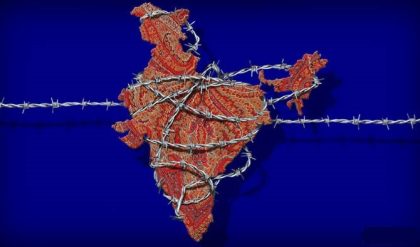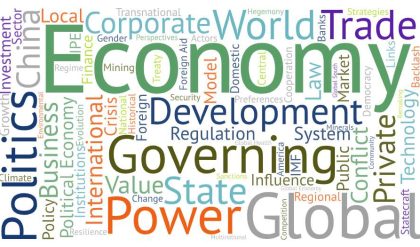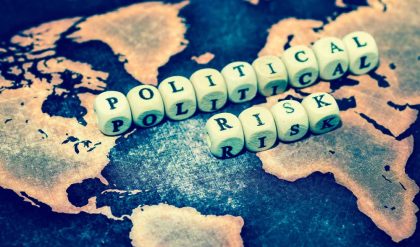Political risk is the risk an investment’s returns could suffer as a result of political changes or instability in a country. Instability affecting investment returns could stem from a change in government, legislative bodies, other foreign policy makers or military control. Political risk is also known as “geopolitical risk,” and becomes more of a factor as the time horizon of an investment gets longer.
BREAKING DOWN ‘Political Risk’
Political risks are notoriously hard to quantify because there are limited sample sizes or case studies when discussing an individual nation. Some political risks can be insured against through international agencies or other government bodies. The outcome of a political risk could drag down investment returns or even go so far as to remove the ability to withdraw capital from an investment.
Types of Political Risks
Aside from business factors arising from the marketplace, businesses are also impacted by political decisions. There are a variety of decisions governments make that can affect individual businesses, industries and the overall economy. These include taxes, spending, regulation, currency valuation, trade tariffs, labor laws such as the minimum wage, and environmental regulations. The laws, even if just proposed, can have an impact. Regulations can be set at all levels of government, including federal, state and local, as well as in other countries.
Some of the political risks may be found in a company’s filings with the Securities and Exchange Commission (SEC) or a prospectus if it is a mutual fund.
Insuring Against Political Risks
Companies that operate internationally, known as multinational businesses, can purchase political risk insurance to remove or mitigate certain political risks. This allows management and investors to concentrate on the business fundamentals while knowing losses from political risks are avoided or limited. Typical actions covered include war and terrorism.
An Example
Wal-Mart Stores Inc. outlined certain political risks it faces in its fiscal 2015 10-K filing with the SEC under its operating risk section. In its risks associated with suppliers, Wal-Mart mentioned potential political and economic instability in the countries that foreign suppliers operate, labor problems, and foreign trade policies and tariffs that could be imposed.
In its regulatory, compliance, reputational and other risks section, the company outlines risk associated with legislative, judicial, regulatory and political/economic risks. Risk factors mentioned include political instability, legal and regulatory constraints, local product safety and environmental laws, tax regulations, local labor laws, trade policies and currency regulations. Wal-Mart mentioned Brazil specifically, and the complexity of its federal, state and local laws.






Comments are closed.